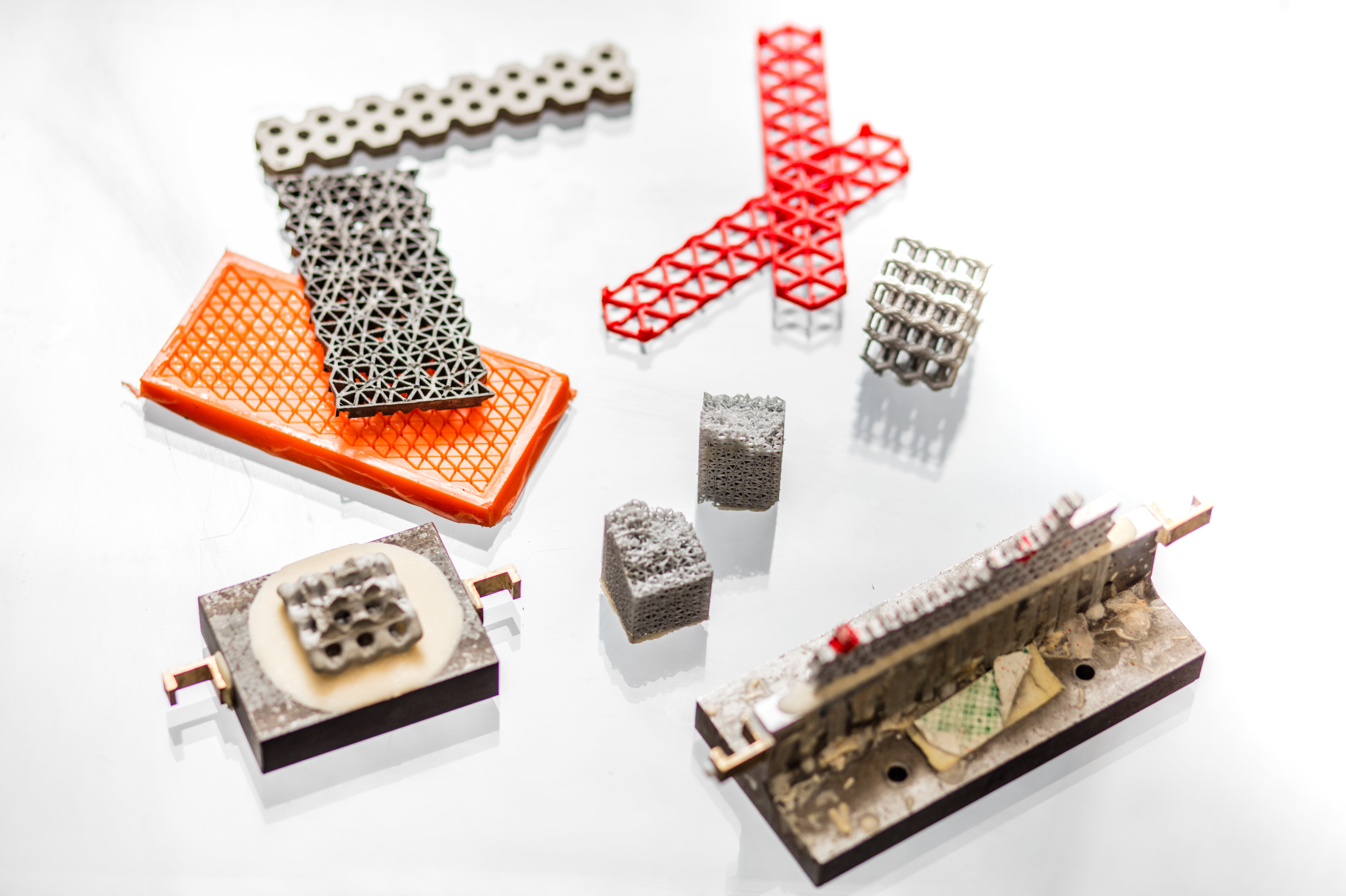Track Construction Materials
In the Construction Materials track, you are trained to choose, develop, and manufacture construction materials for application in structural components and civil structures, with the goal of creating a more sustainable and resilient built environment. Examples are the 3d printing of concrete, recycling of concrete, or even to recycle parts of complete structures.
You learn how to understand and optimize the material behaviour through advanced experimental and computational techniques. Close attention is given to the interface properties between different materials in composite systems, that govern the fracture process, and new construction methods, that can yield new structural applications for materials. Finally, we provide you with valuable laboratory experience, with material testing both in nano and macro-scale.
Key features
➨ The technical performance of materials under variable environmental conditions.
➨ The degradation mechanisms.
➨ The effect of ageing in durability and the sustainability aspects.
| Highlighted Student Stories
It's all in the mix
A race in a canoe made from concrete?! The idea floated Civil Engineering master student Jasmijn van Riggelen’s to the annual Concrete Canoe Race. She saw an opportunity to put her knowledge into practice and decided to take on the challenge with a group of fellow students!
Bend until it Breaks
Is it possible to cold bend glass to a point where it won’t shatter but grow stronger instead? Tim van Driel, TU Delft MSc student Civil Engineering (track building engineering), conducted experiments in the lab and bended large sheets of glass without heating it. At what point does bending turn into snapping – and a shower of shards?
Research examples
The most used material in the world
In his hand lays a small grey object, probably no longer than 10 centimeters. It is made of tiny triangle cross-sections and smells like recently casted concrete. This concrete microstructure was made by 3D printing. Yading Xu’s eyes light up. "Concrete is one of the most used material in the world, that is why it is so fascinating to me.”
Super asphalt lasts longer
Asphalt concrete is a great material for road surfacing purposes but it’s not always the most sustainable of options. Sandra Erkens, professor of Pavement Engineering Practice, is looking for ways of predicting and extending the lifespan of both existing and new pavement materials.

